In Kichijoji, a small city in West Tokyo famous for its park, high-end real estate, and shopping streets, there is Light Up Coffee, whose young owners Kawano Yuma and Aihara Tamito are enthusiastic pushers of lighter coffee roasts with the goal of changing Japanese coffee culture, and their excitement is infectious.
A micro-roaster and retail bar, Light Up Coffee was opened in July 2014, offering a welcoming interior of gleaming white walls, baby blue accents and dark wooden furniture. The clientele is a combination of regulars and the coffee-curious, and on weekends sudden queues form without warning as the Kichijoji streets swell with shoppers.
How did you get into coffee?
K: We both worked at a chain cafe together and were fascinated by latte art. We didn’t actually care about coffee at all. We spent hours and hours, even after the cafe was closed, practicing latte art. That eventually led us to visit other cafes and see what other baristas were pouring. As we tried more and more cafes we started noticing differences in coffee. We even started to like it. In 2012 we checked out Fuglen and it really changed the way we think about coffee. They were offering coffee from Tim Wendelboe. It was so juicy, and not bitter at all. That’s definitely when I started loving coffee.
What is your favorite thing about coffee?
K: I like that it brings people together. It increases communication. Have you ever heard of the old coffeehouses in England? They were places people could go to meet and discuss ideas. I think that cafes are important to society.
A: Right. If we build another cafe we want to design it to increase communication and facilitate conversation. I also like that coffee is a gateway to appreciating other tastes. I learned to appreciate things like wine and the subtle flavors of other cuisines since getting into coffee. I think that can happen for other people too.
Why did you decide to make coffee a career?
A: After we fell in love with third wave style coffee we were inspired to travel around Europe to check out the coffee scene there. We met with baristas from all over and found that we could get fruity and sweet coffee in almost any city. Here in Japan most people are still drinking bitter, low quality coffee. I thought, “Why aren’t Japanese people drinking good coffee?” We wanted to insert good coffee into people’s lifestyles and to increase the presence of quality coffee in Japan. We needed a cafe to do that.
When did you begin roasting?
K: Actually, I bought the one kilogram Fuji Royal roaster right before our Europe trip and started practicing in my parents’ living room. I figured it was better to start practicing sooner rather than later. It could get pretty smoky, but we always had freshly roasted coffee so they didn’t complain. This roaster is so small that we are basically roasting all day long. It’s time to move on to a bigger machine, maybe a Probat or a Diedrich, but first we need to find a roasting space.
What’s your approach to roasting?
A: We want to bring out the flavor of the farm that the coffee comes from, and appreciate the unique tastes of each place. A balanced flavor is very important. It can’t be too acidic or sour — though that can be novel. We want to make coffee that you can drink every day and not get tired of.
Where do you see the coffee scene going in Tokyo?
A: I think it will keep growing. More and more people will want to drink quality coffee. The fad side of things might decrease. But, bit by bit, the coffee culture will change here. Maybe in the near future you’ll be able to find quality coffee anywhere.
Any other cafes you recommend?
We love Onibus Coffee and Fuglen, since they got us into coffee. We also like Life Size Cribe and Cafe Nishiya because of the amazing baristas behind those cafes.
Light Up Coffee is located at 4-13-15 Kichijoji, Honcho, Musashino-shi, Tokyo
(note: parts of this interview have been paraphrased. The interview was conducted in Japanese and adapted to English by the author.)
Eric Tessier
Eric Steven Tessier is a writer and coffee lover. He is based in Tokyo, Japan.



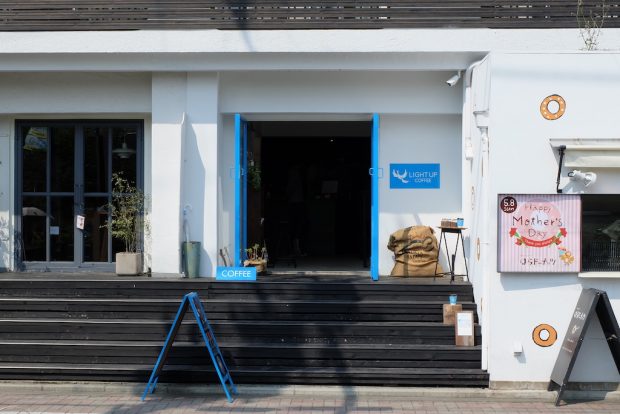
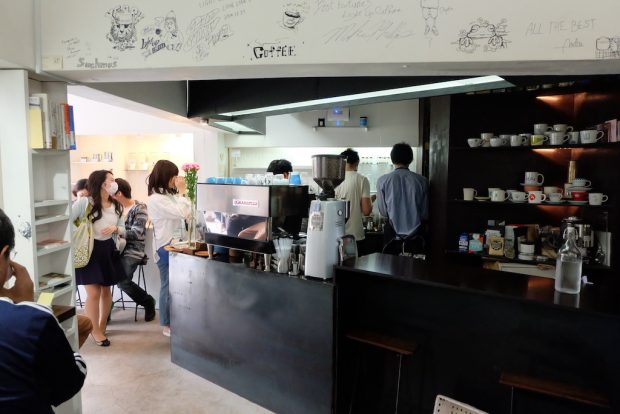
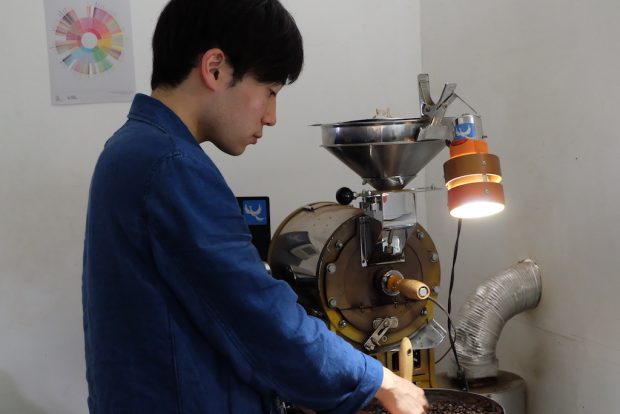
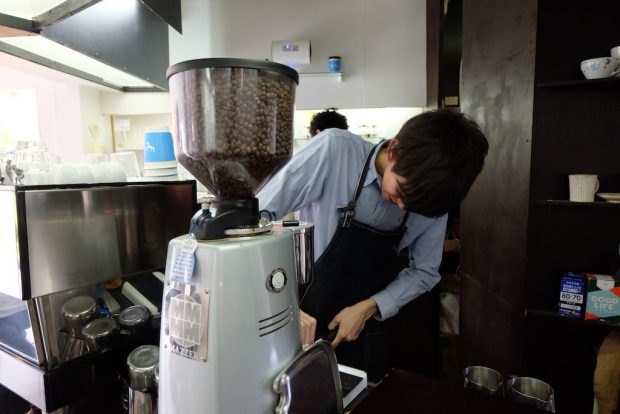
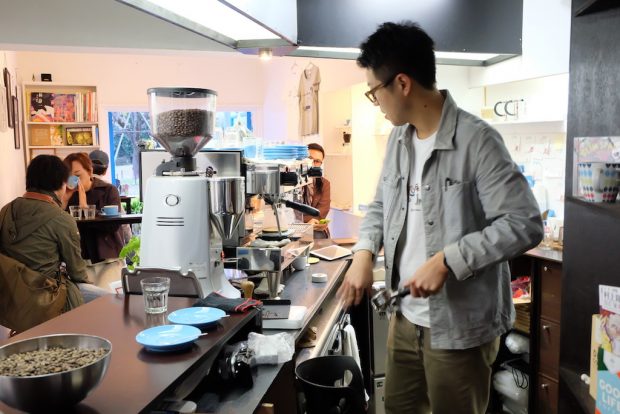



Comment